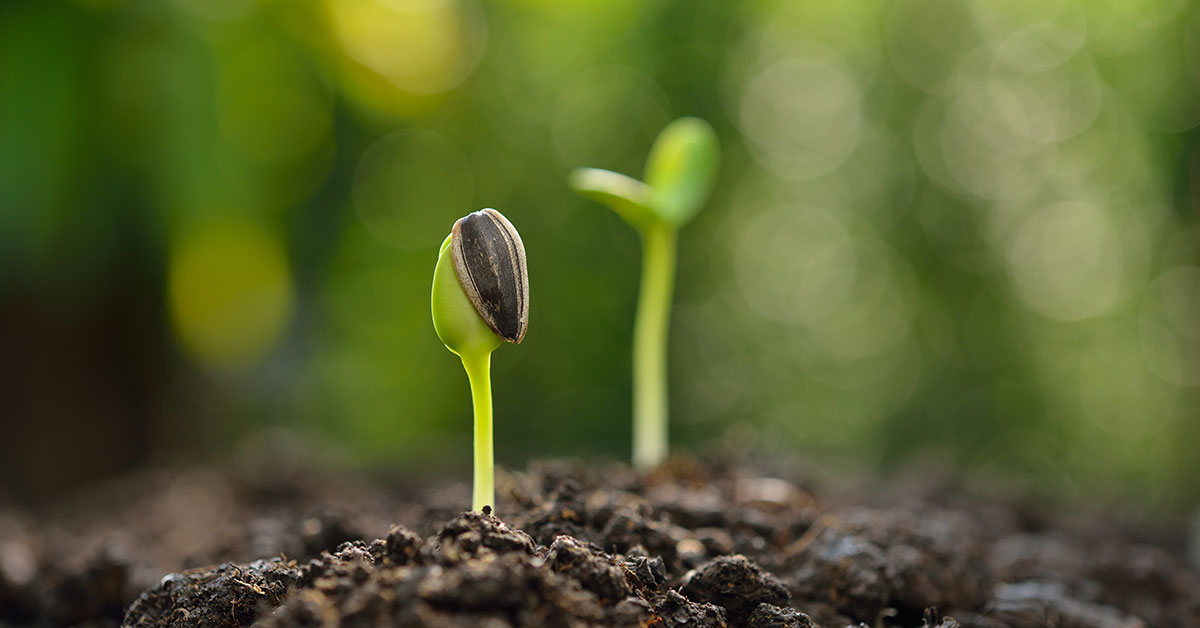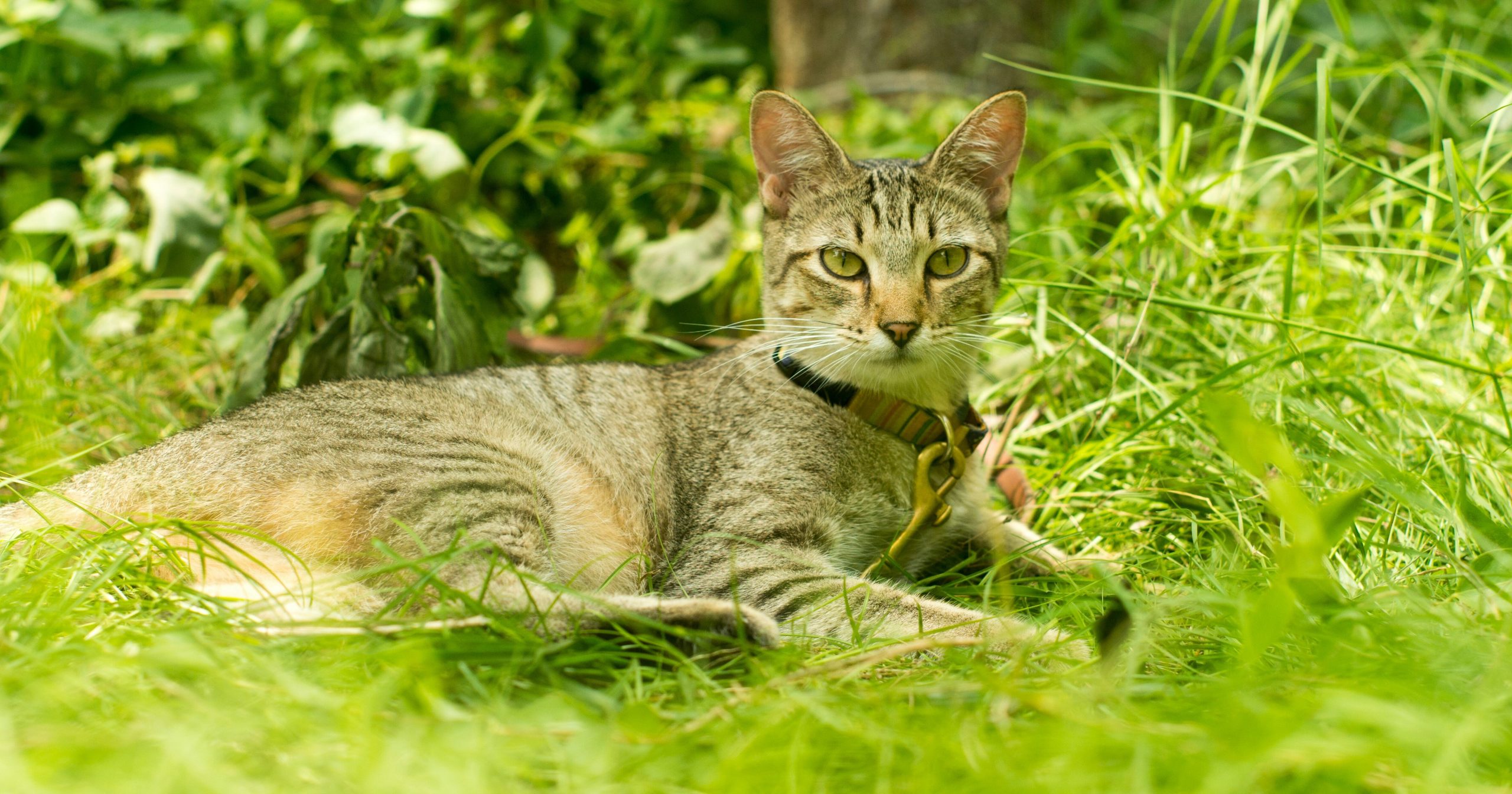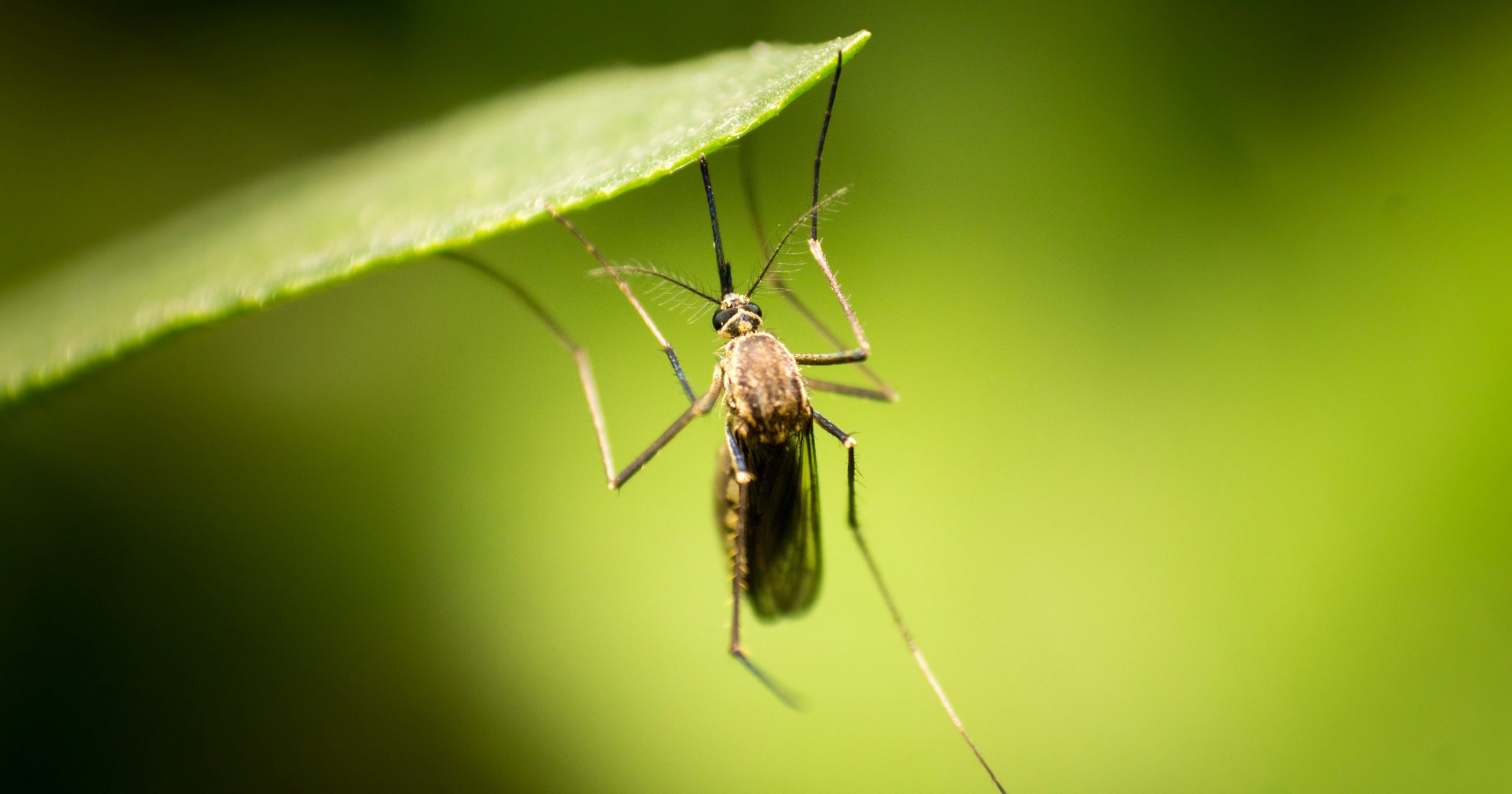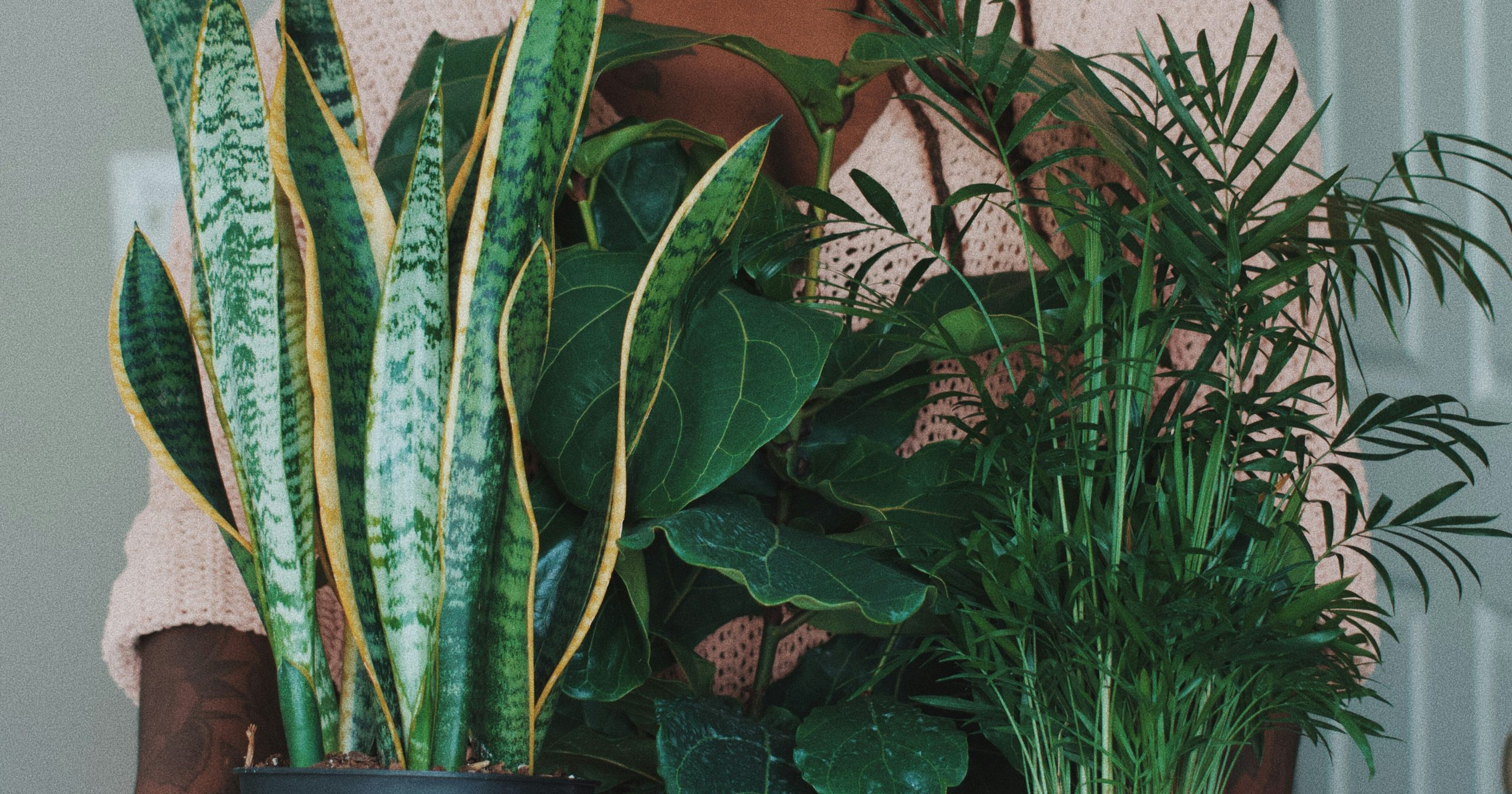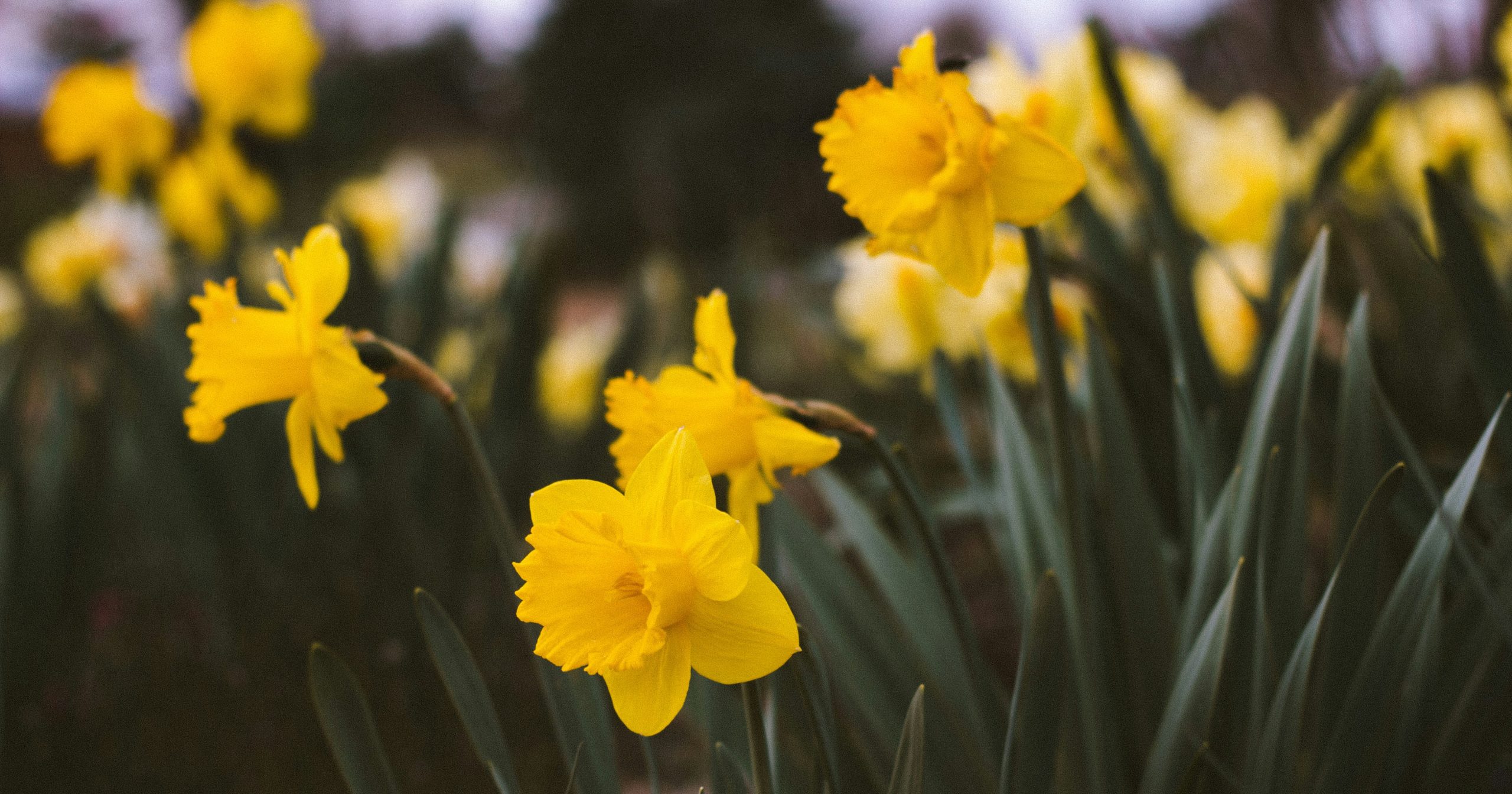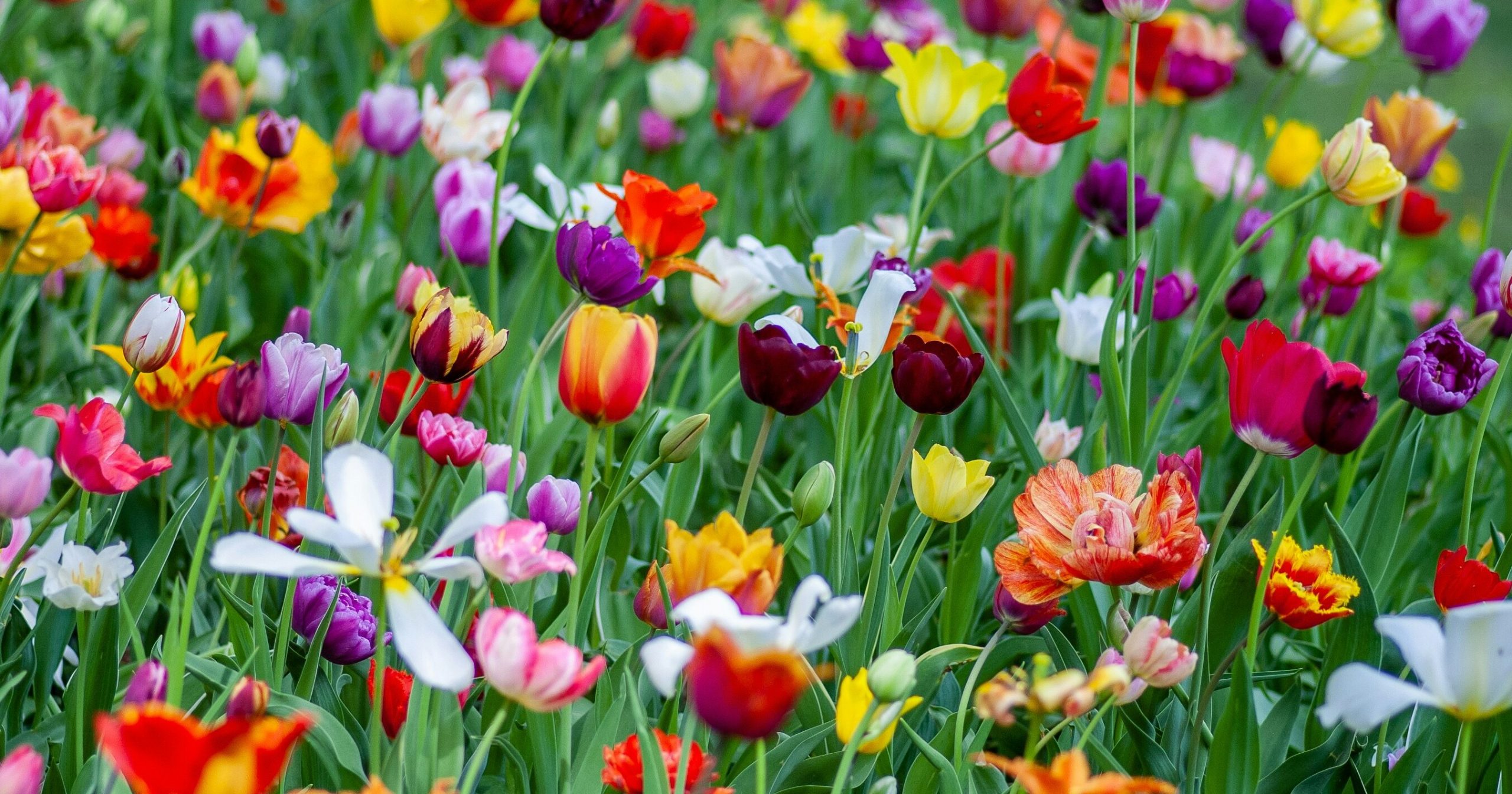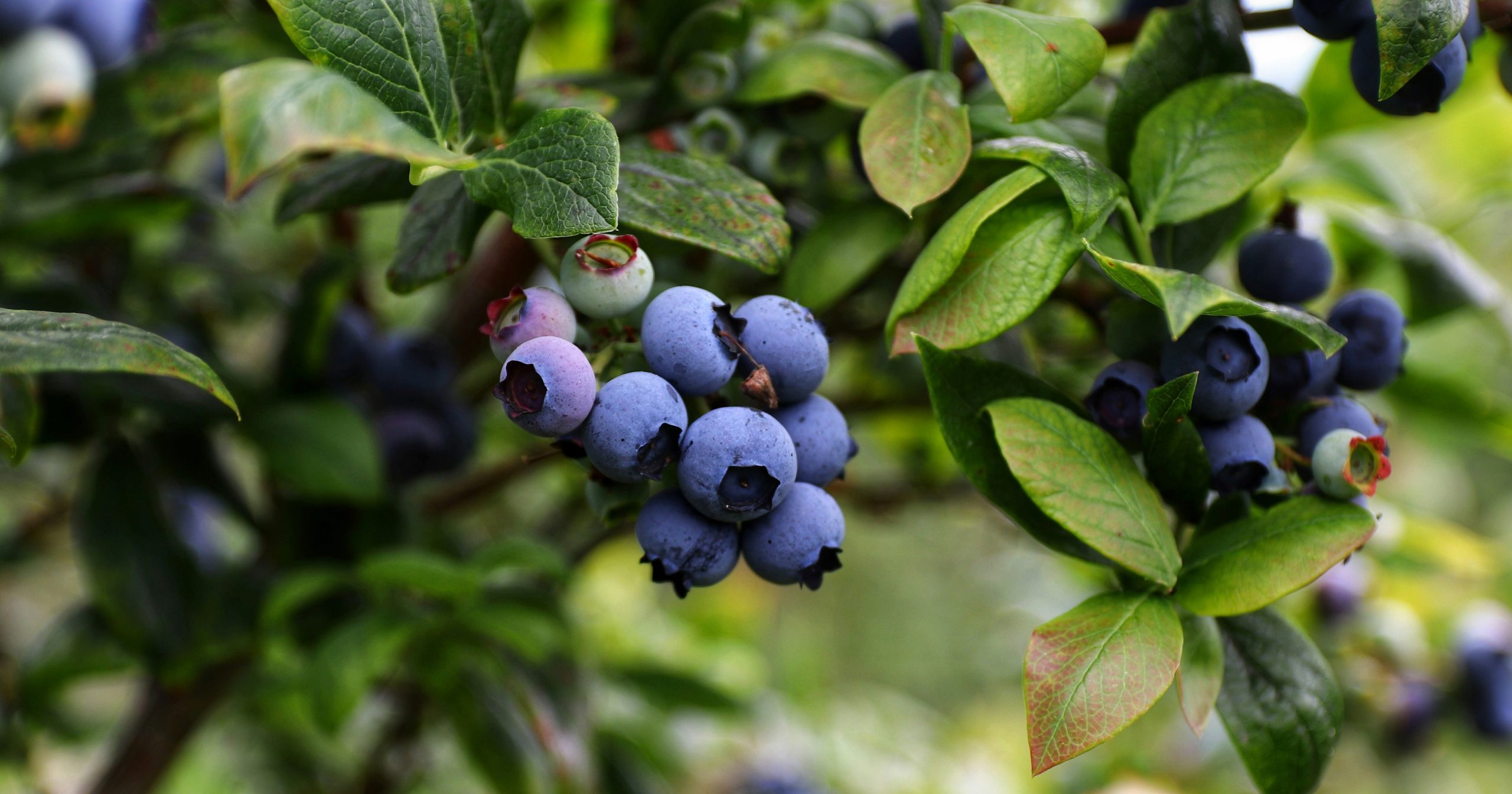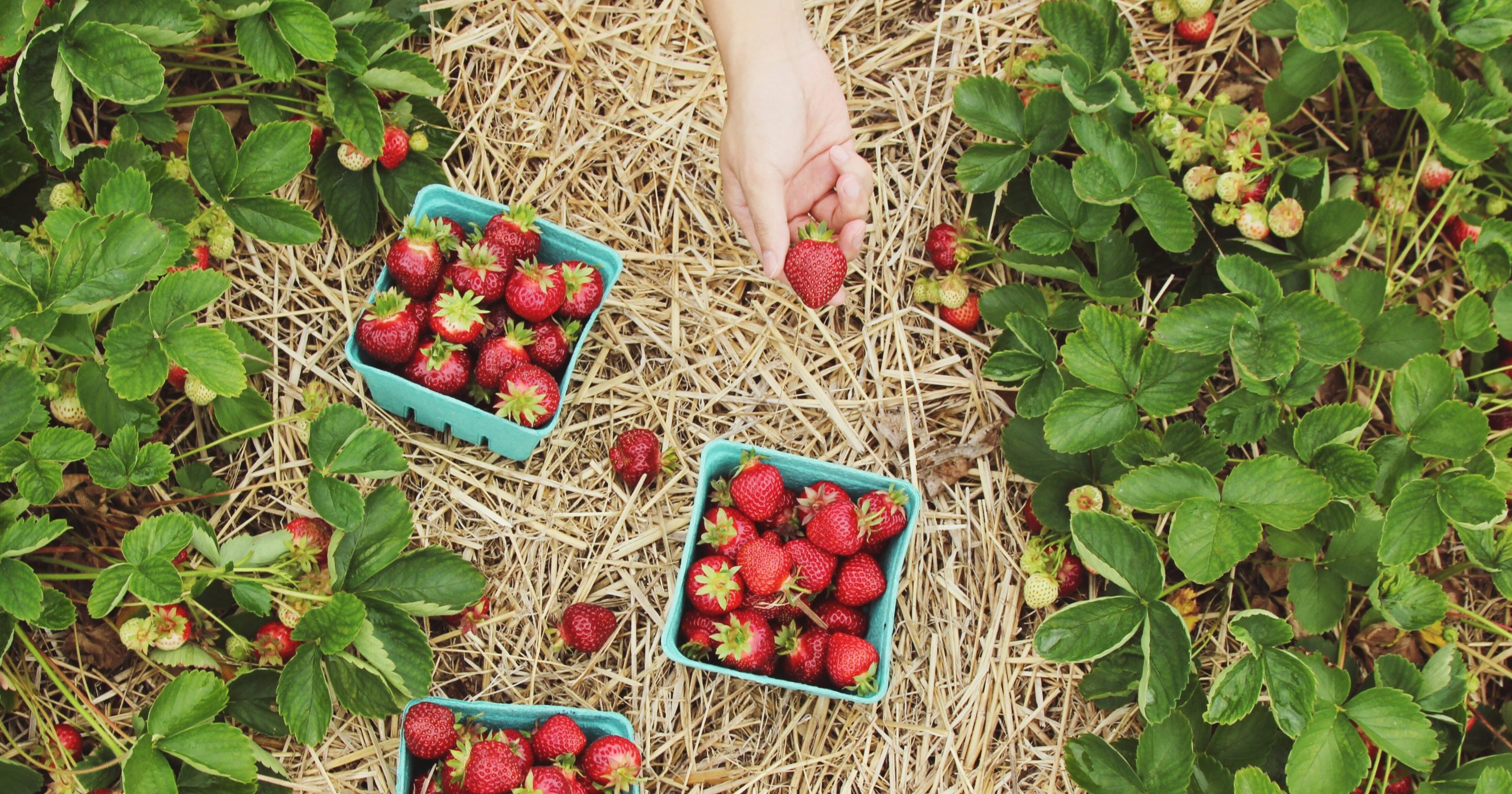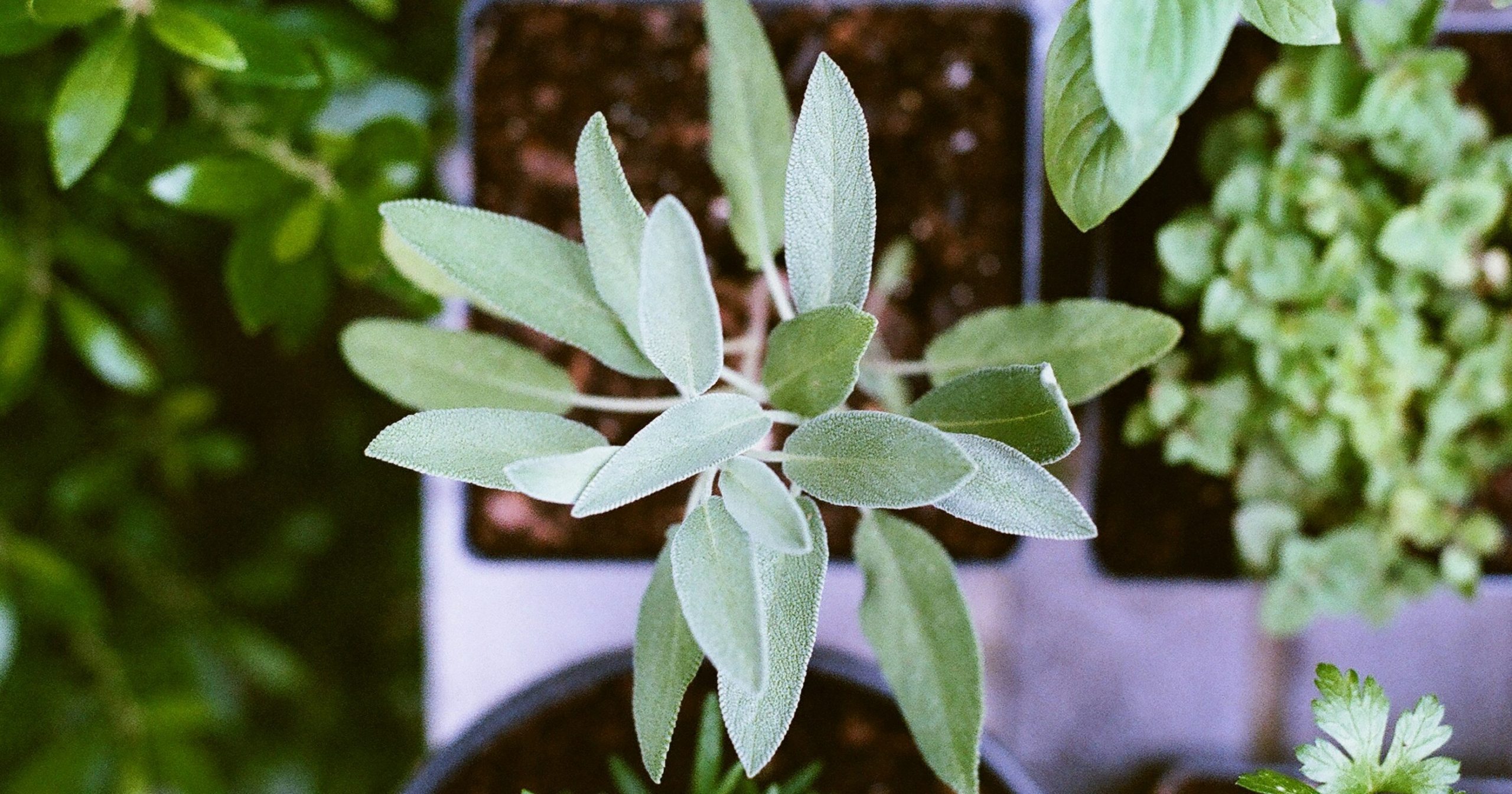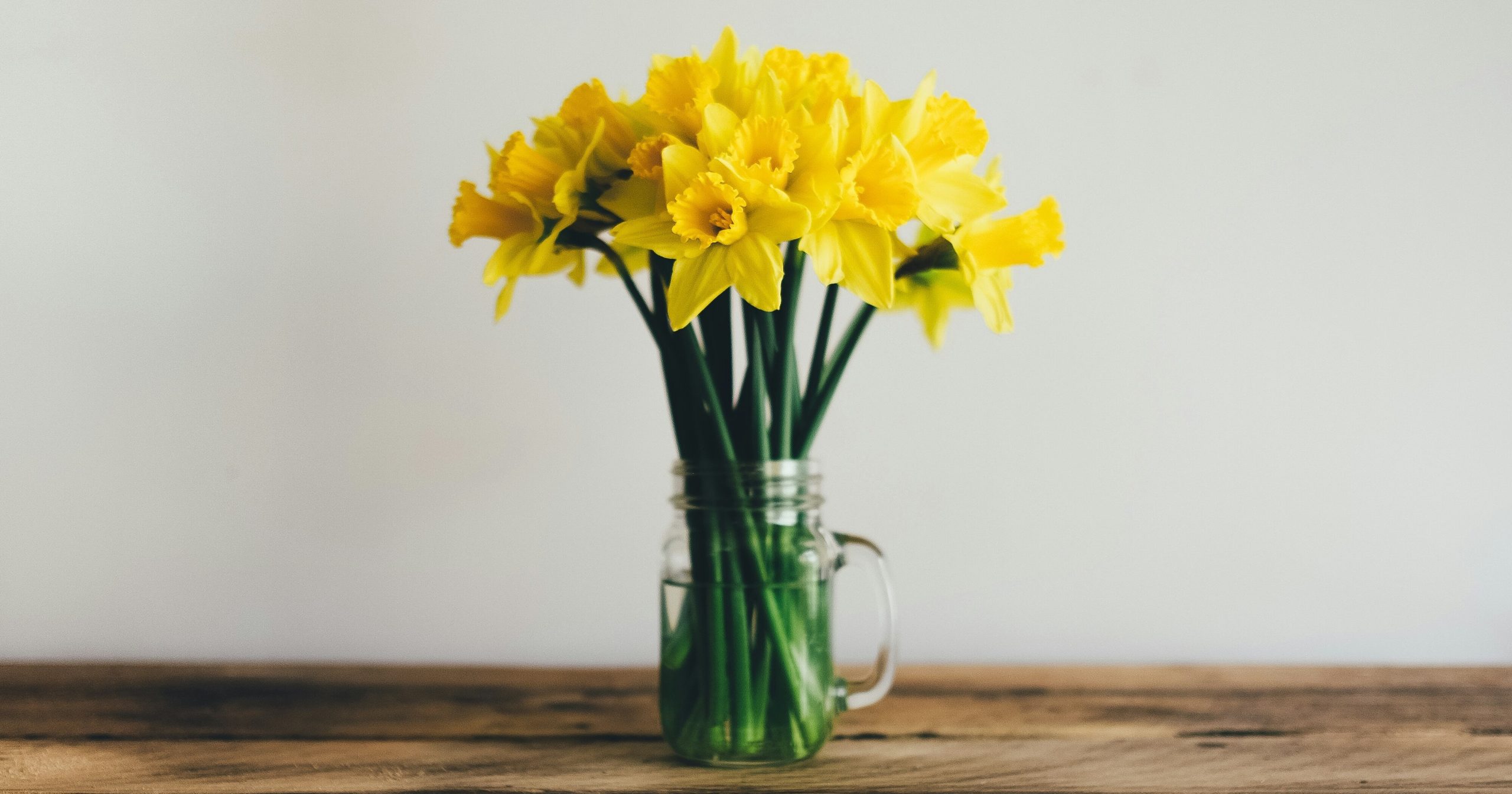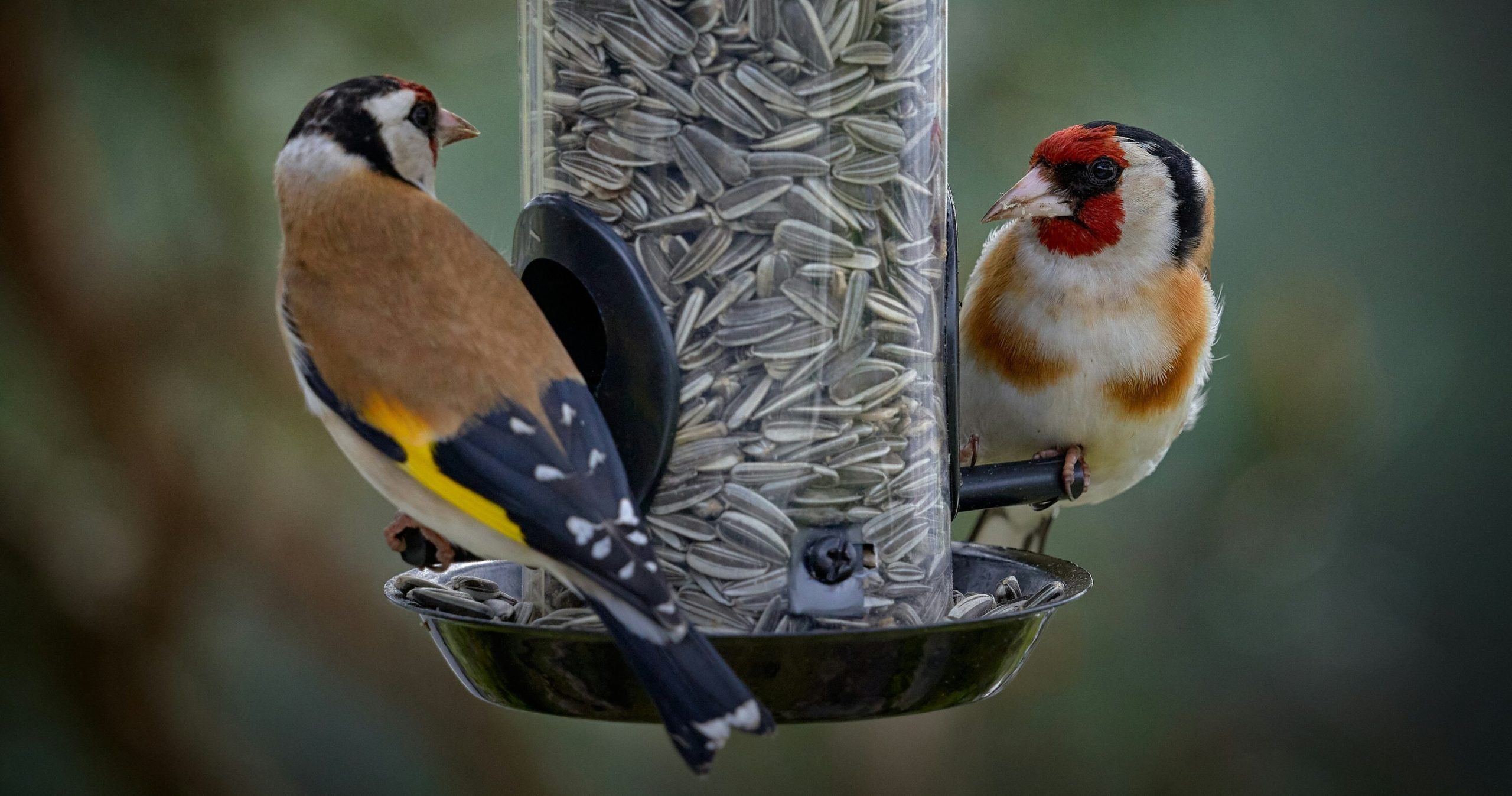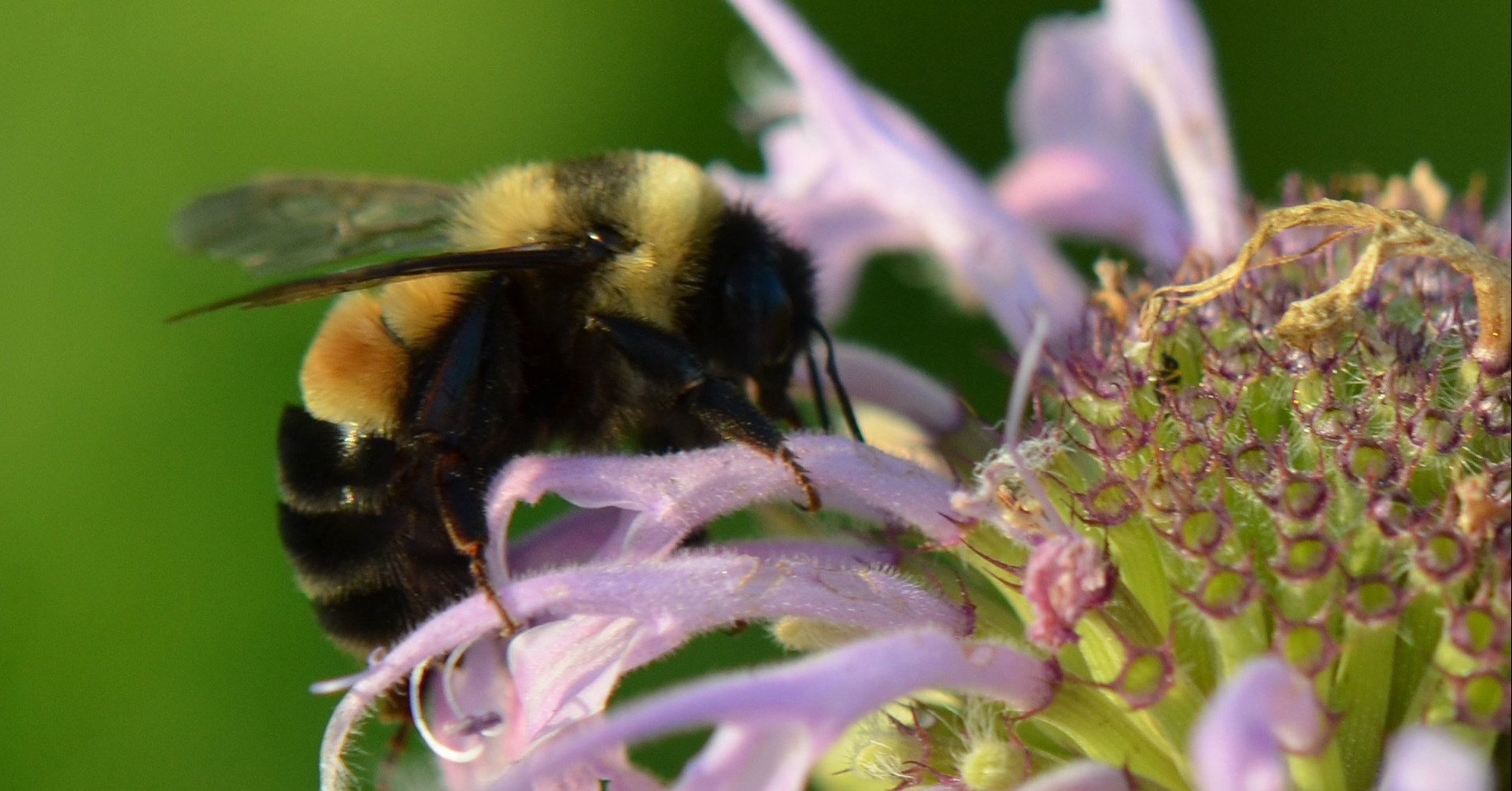Growing sunflowers in Michigan is a great way to bring a burst of color and beauty to a garden. Sunflowers are a low-maintenance plant that requires minimal work to enjoy a bountiful harvest. They are also incredibly resilient and can withstand the changing weather conditions of Michigan’s climate.
Sunflowers are an excellent choice for Michigan gardeners, as they are incredibly easy to grow and provide a stunning backdrop to any garden. With the right preparation and care, sunflowers can thrive in Michigan’s climate and bring a vibrant, eye-catching display to any garden space.
Michigan climate and growing zones
Climate in Michigan’s growing zone 5 is generally considered to be a continental climate, with hot summers and cold winters. The average yearly temperature is around 42°F (5.5°C). Rainfall is abundant throughout the year, with an average of 33 inches (838 mm) per year. Winters are cold and snowy, with temperatures dipping to below freezing from late November until late March. Snowfall averages around 50 inches (127 cm) per year.
Summers are warm, with temperatures reaching into the 80s (26–30°C) for several weeks in July and August. Due to the temperate climate and ample rainfall, a wide variety of plants can grow in Michigan’s growing zone 5. Cool season crops such as beets, broccoli, cabbage, carrots, lettuce and spinach can be planted in spring and harvested in summer.
Warm-season crops such as beans, corn, cucumbers, peppers, squash and tomatoes can be planted in late spring and harvested in late summer. Perennial fruits such as apples, cherries, peaches and plums are also grown in this region.
Growing sunflowers in Michigan
Growing sunflowers in Michigan can be a challenging but rewarding experience. While the climate in Michigan is generally mild, it can also be very cold in the winter months. Sunflowers are warm-weather plants, and may not survive cold temperatures. That said, if the winter is mild, sunflowers may still be able to survive and bloom.
Sunflowers need plenty of sunlight and soil with good drainage. If you are growing sunflowers in Michigan, it is important to choose an area with plenty of sunlight and well-draining soil. You may also need to water your sunflowers more often if the soil is not well-draining. When planting your sunflowers, it is important to choose the right variety.
Some sunflower varieties are more cold-tolerant than others. In Michigan, you may want to try varieties such as ‘Sunny Boy’, ‘Big Smile’, and ‘Mammoth’. These varieties are known for their cold-tolerance and will produce large, beautiful flowers.
In the summer months, sunflowers in Michigan can thrive. The warm temperatures, bright sunlight, and well-draining soil will help your sunflowers flourish. You may need to water your sunflowers more often during the summer months to ensure that they get enough moisture.
Some of my favorite varieties of sunflower include:
- Mammoth Grey Stripe Sunflower (Helianthus annuus) – 75-100 days to maturity
- Teddy Bear Sunflower (Helianthus annuus) – 60-90 days to maturity
- Red Sun (Helianthus annuus) – 65-95 days to maturity
- Autumn Beauty Sunflower (Helianthus annuus) – 75-90 days to maturity
- Lemon Queen Sunflower (Helianthus annuus) – 75-95 days to maturity
- Velvet Queen Sunflower (Helianthus annuus) – 90-110 days to maturity
- Dwarf Sunspot Sunflower (Helianthus annuus) – 60-90 days to maturity
- Giant Sungold Sunflower (Helianthus annuus) – 85-110 days to maturity
- Evening Sun Sunflower (Helianthus annuus) – 75-95 days to maturity
- Sundance Kid Sunflower (Helianthus annuus) – 75-95 days to maturity
When to start sunflowers indoors in Michigan
Sunflower seeds should be started indoors 4 weeks before your final frost date. In Michigan, the final frost dates are:
- Zone 5: Around April 30th
You should also consider the size of the variety of sunflower you are planting, as shorter varieties can be planted later and taller varieties will need to be started a week or two earlier. Sunflowers should be started indoors:
- Zone 5: Around April 1st
Starting sunflowers from seed is a relatively easy process that can be done both indoors and outdoors. To begin, you will need to purchase sunflower seeds from a garden center or online. When selecting seeds, make sure to look for the desired variety you want to grow. Once you have your seeds, you can choose to start them indoors 4 weeks before the last frost date for your region.
Fill a seed tray with starter soil and moisten it with a spray bottle. Place your seeds on top of the soil, cover them lightly with starter soil, and water them gently. Place the tray in a warm and sunny spot, and keep the soil moist. Once your plants have grown 2-3 sets of leaves, you can transplant them outdoors.
Planting sunflowers outside in Michigan
Sunflower seeds should be planted outdoors after the last average frost date for your area. Planting sunflower seeds too early can result in poor germination and seedling growth and potentially death if there’s a hard freeze.
When planting outdoors, make sure the area has plenty of sunshine and well-draining soil. Dig a hole that is twice the size of the root ball, and fill the hole with compost or aged manure. Place the seedling in the hole and backfill with soil, then water deeply.
For the remainder of the sunflower’s life, make sure to keep the soil moist and fertilize regularly. With proper care, you should have beautiful sunflowers in no time!
When to harvest sunflower seeds in Michigan
When sunflower seeds are ready to be harvested, the back of the flower head will be dry and start to turn brown. The individual seeds will be dry and firm. The green husks surrounding the seeds will have turned yellow or white and begun to dry out. To check if the seeds are ready to be harvested, lightly pinch the seed head between your thumb and forefinger. If the husks break open easily, the seeds are ready to harvest.
Harvesting sunflower seeds is easy. Cut the flower head off the stem and spread it out on a clean surface. To remove the seeds, use your hands to rub the flower head and release the seeds. Collect the seeds in a large bowl or container. Once the seeds are harvested, store them in an airtight container in a cool, dry place. Make sure the container is well sealed to keep the seeds from going bad. Sunflower seeds can last for up to a year if stored properly.
Sunflower seeds are delicious and nutritious snack food. They can be eaten raw, toasted, or sprouted. Sunflower seeds are also used in salads, cereals, granola, and energy bars. They are loaded with essential vitamins and minerals like Vitamin E, phosphorus, magnesium, and zinc. Sunflower seeds can also be used to make sunflower seed butter, which is a great alternative to peanut butter.
In addition to being a healthy snack, sunflower seeds are also used to make birdseed. You can leave your sunflowers intact outside well after the flowers have died to give your local birds a tasty snack!
